North Carolina voters on Tuesday will take to the polls to decide on Amendment One, which would constitutionally ban any legal relationship recognition other than heterosexual marriage. The Tar Heel State will be the last state in Dixie to decide on banning marriage equality -- all other states in the conservative area overwhelmingly passed prohibitions in the last decade. To get a handle on how things may go down May 8, and see what kind of odds LGBT activists are up against in North Carolina, we've compiled the margins by which each Southern state banned same-sex marriage; view them on the following pages.
 Mississippi: In 2004, 86% of voters approved a ban on same-sex marriage, with 14% voting against it.
Mississippi: In 2004, 86% of voters approved a ban on same-sex marriage, with 14% voting against it.
 Alabama: In 2006, 81% of voters approved a ban on same-sex marriage, with 19% voting against it.
Alabama: In 2006, 81% of voters approved a ban on same-sex marriage, with 19% voting against it.
 Tennessee: In 2006, 81% of voters approved a ban on same-sex marriage, with 19% voting against it.
Tennessee: In 2006, 81% of voters approved a ban on same-sex marriage, with 19% voting against it.
 Louisiana: In 2004, 78% of voters approved a ban on same-sex marriage, with 22% voting against it.
Louisiana: In 2004, 78% of voters approved a ban on same-sex marriage, with 22% voting against it.
 South Carolina: In 2006, 78% of voters approved a ban on same-sex marriage, with 22% voting against it.
South Carolina: In 2006, 78% of voters approved a ban on same-sex marriage, with 22% voting against it.
 Georgia: In 2004, 76% of voters approved a ban on same-sex marriage, with 24% voting against it.
Georgia: In 2004, 76% of voters approved a ban on same-sex marriage, with 24% voting against it.
 Texas: In 2005, 76% of voters approved a ban on same-sex marriage, with 24% voting against it.
Texas: In 2005, 76% of voters approved a ban on same-sex marriage, with 24% voting against it.
 Arkansas: In 2004, 75% of voters approved a ban on same-sex marriage, with 25% voting against it.
Arkansas: In 2004, 75% of voters approved a ban on same-sex marriage, with 25% voting against it.
 Kentucky: In 2004, 75% of voters approved a ban on same-sex marriage, with 25% voting against it.
Kentucky: In 2004, 75% of voters approved a ban on same-sex marriage, with 25% voting against it.
 Florida: In 2008, 62% of voters approved a ban on same-sex marriage, with 38% voting against it.
Florida: In 2008, 62% of voters approved a ban on same-sex marriage, with 38% voting against it.
 Virginia: In 2006, 57% of voters approved a ban on same-sex marriage, with 43% voting against it.
Virginia: In 2006, 57% of voters approved a ban on same-sex marriage, with 43% voting against it.
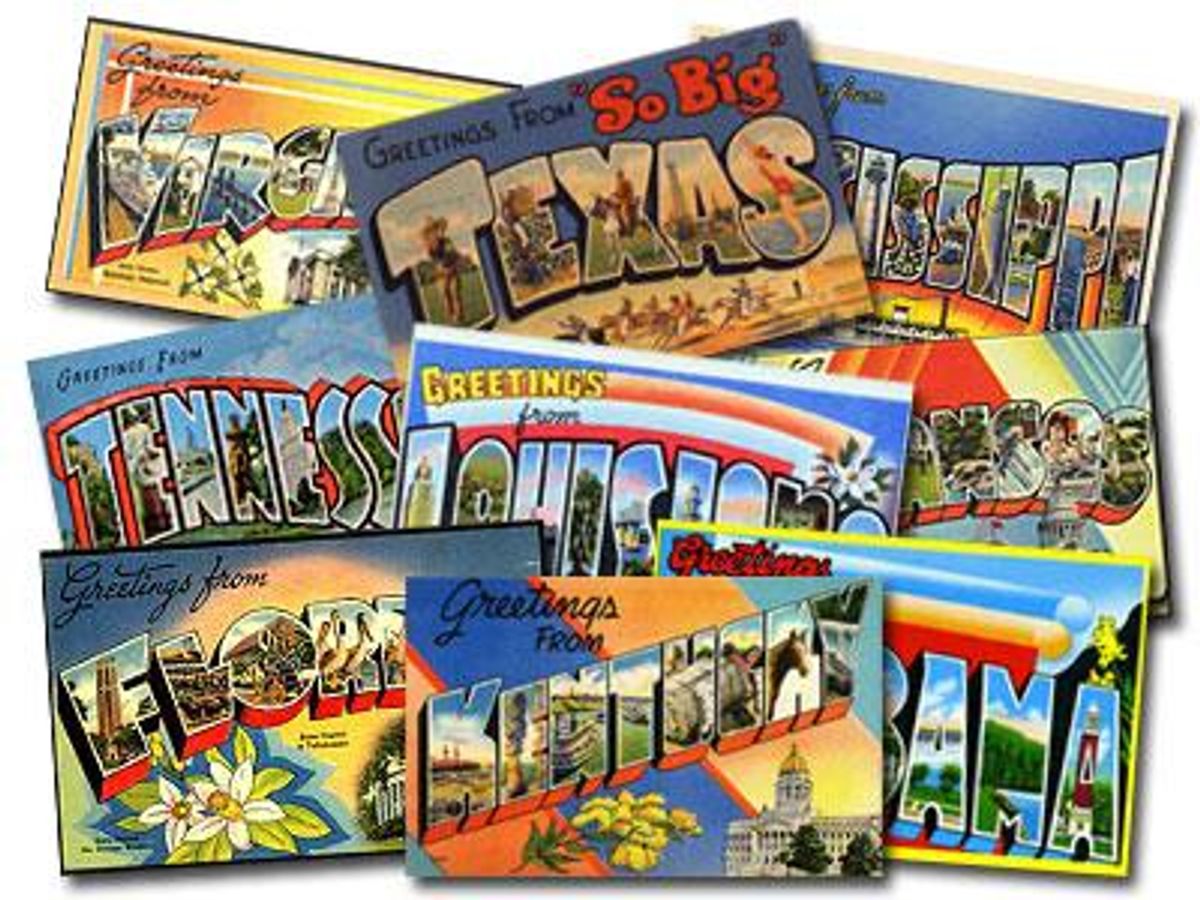

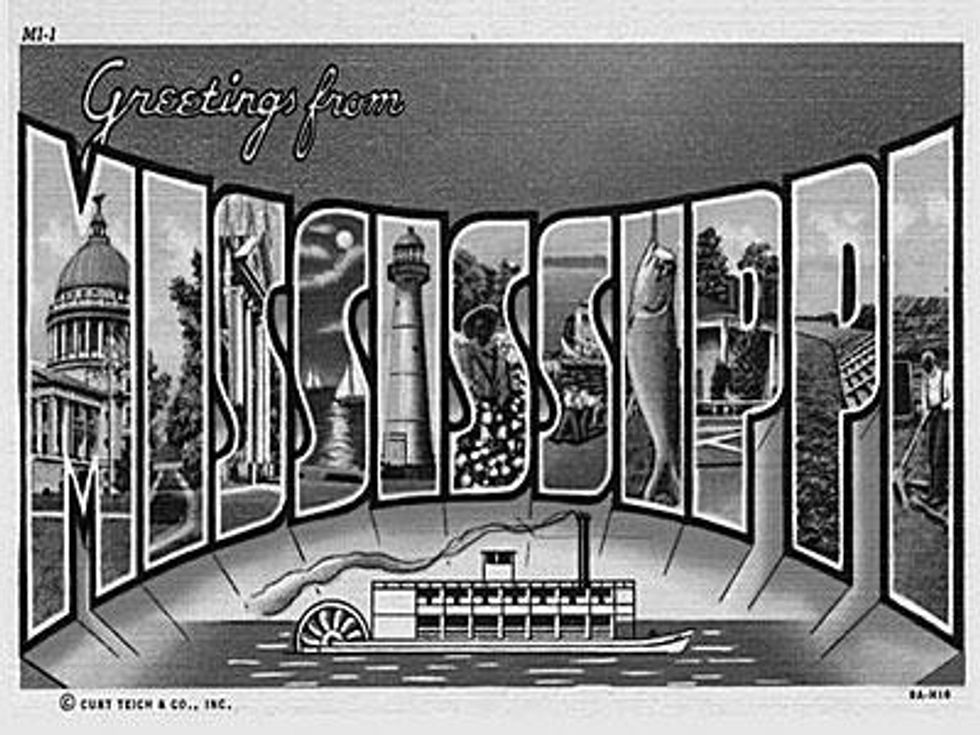 Mississippi: In 2004, 86% of voters approved a ban on same-sex marriage, with 14% voting against it.
Mississippi: In 2004, 86% of voters approved a ban on same-sex marriage, with 14% voting against it.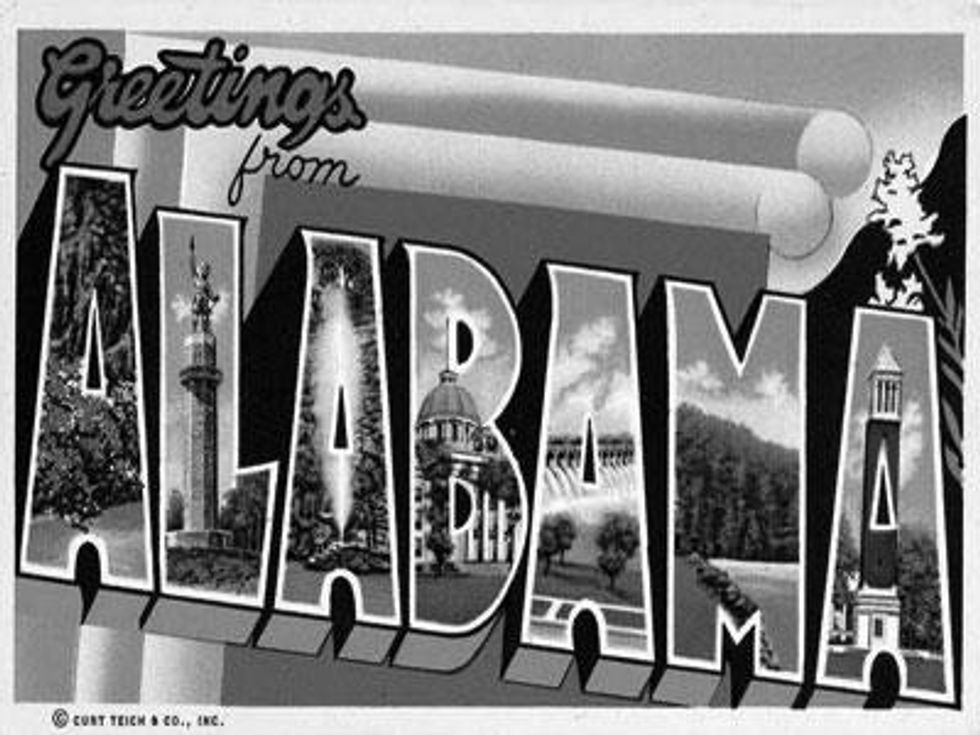 Alabama: In 2006, 81% of voters approved a ban on same-sex marriage, with 19% voting against it.
Alabama: In 2006, 81% of voters approved a ban on same-sex marriage, with 19% voting against it.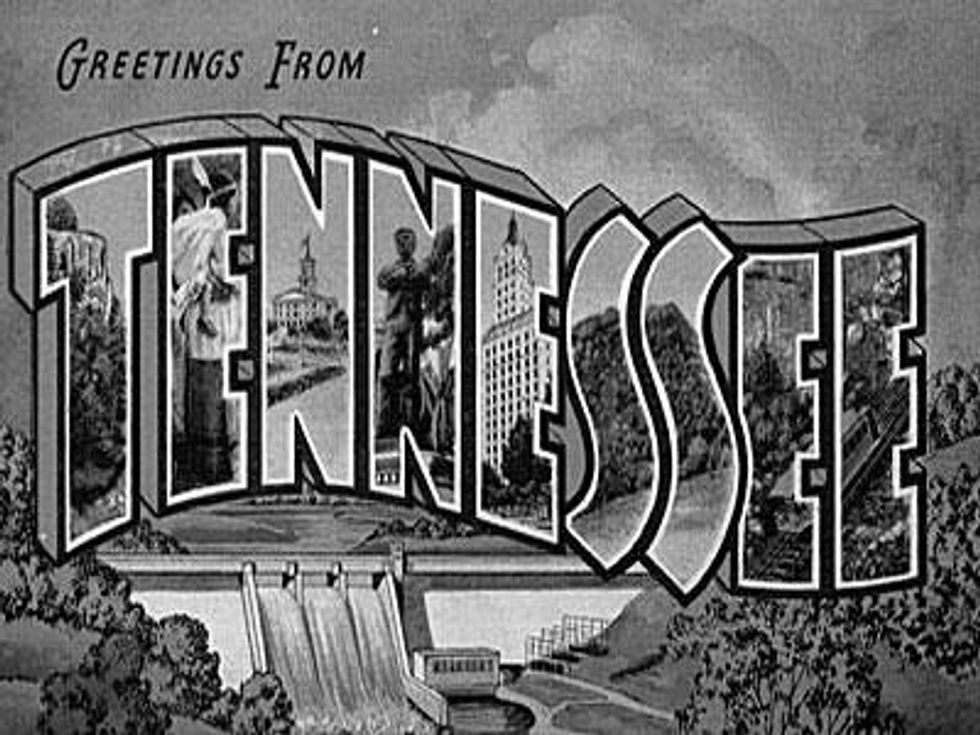 Tennessee: In 2006, 81% of voters approved a ban on same-sex marriage, with 19% voting against it.
Tennessee: In 2006, 81% of voters approved a ban on same-sex marriage, with 19% voting against it.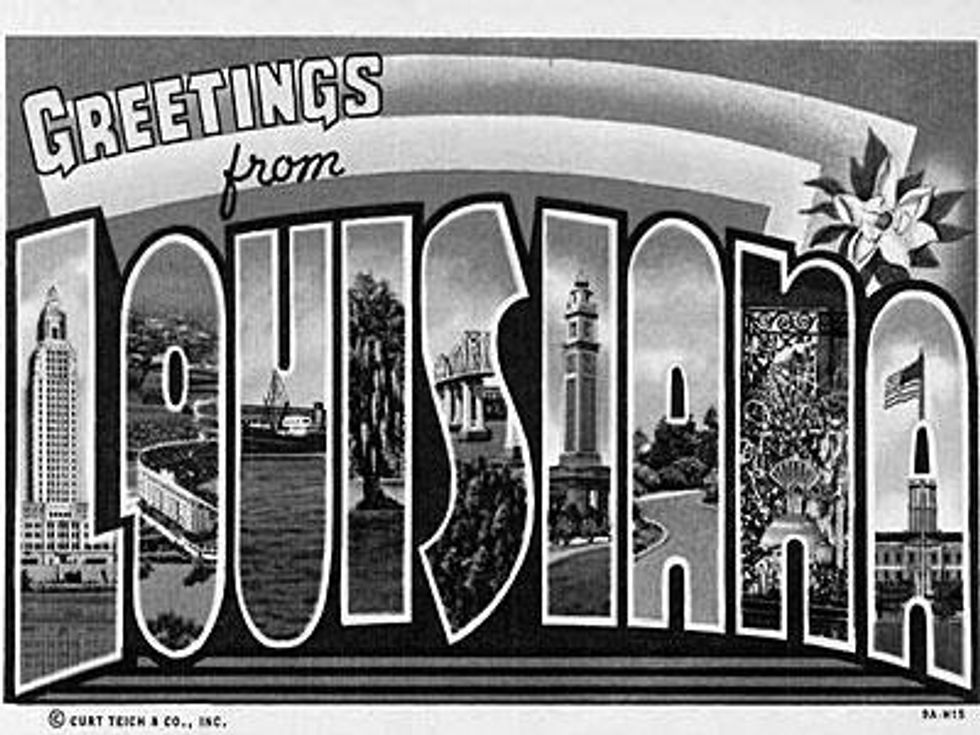 Louisiana: In 2004, 78% of voters approved a ban on same-sex marriage, with 22% voting against it.
Louisiana: In 2004, 78% of voters approved a ban on same-sex marriage, with 22% voting against it.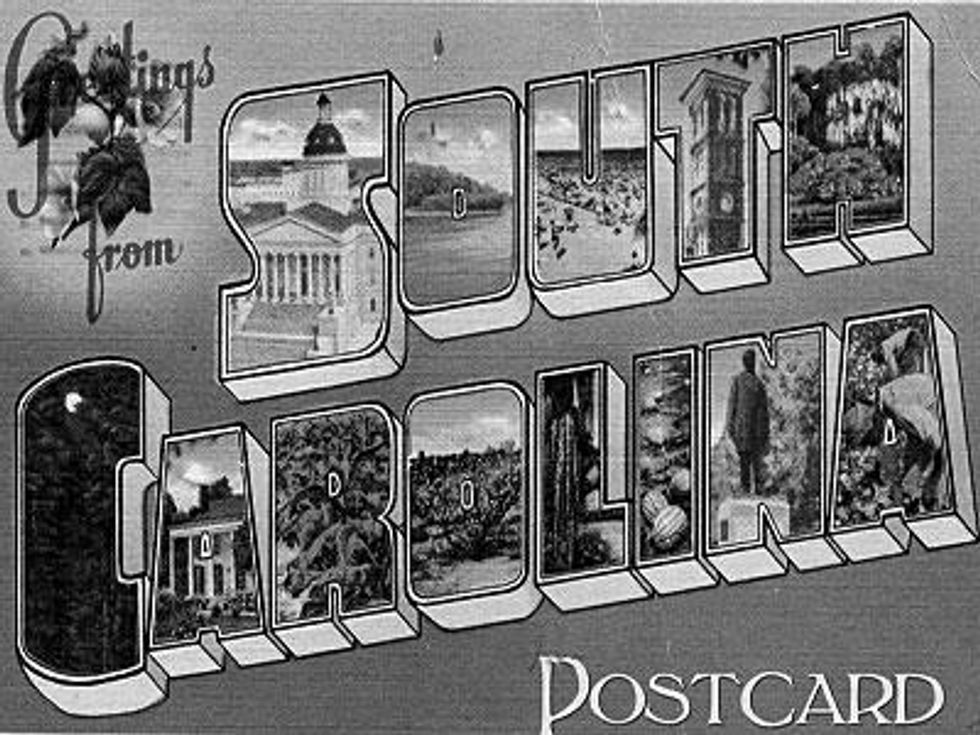 South Carolina: In 2006, 78% of voters approved a ban on same-sex marriage, with 22% voting against it.
South Carolina: In 2006, 78% of voters approved a ban on same-sex marriage, with 22% voting against it.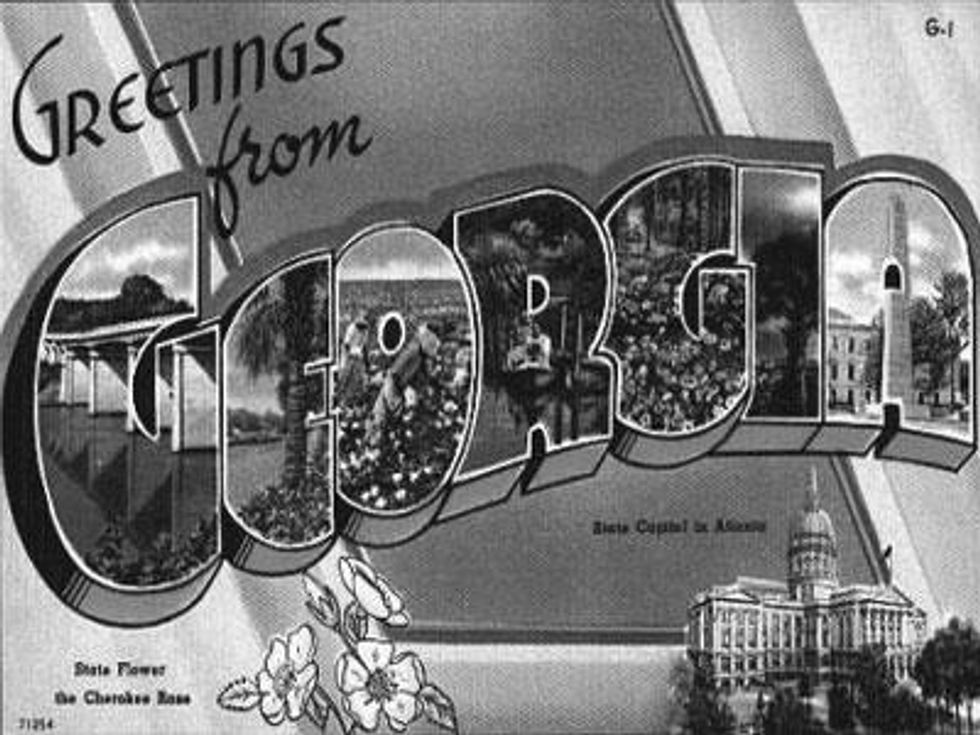 Georgia: In 2004, 76% of voters approved a ban on same-sex marriage, with 24% voting against it.
Georgia: In 2004, 76% of voters approved a ban on same-sex marriage, with 24% voting against it.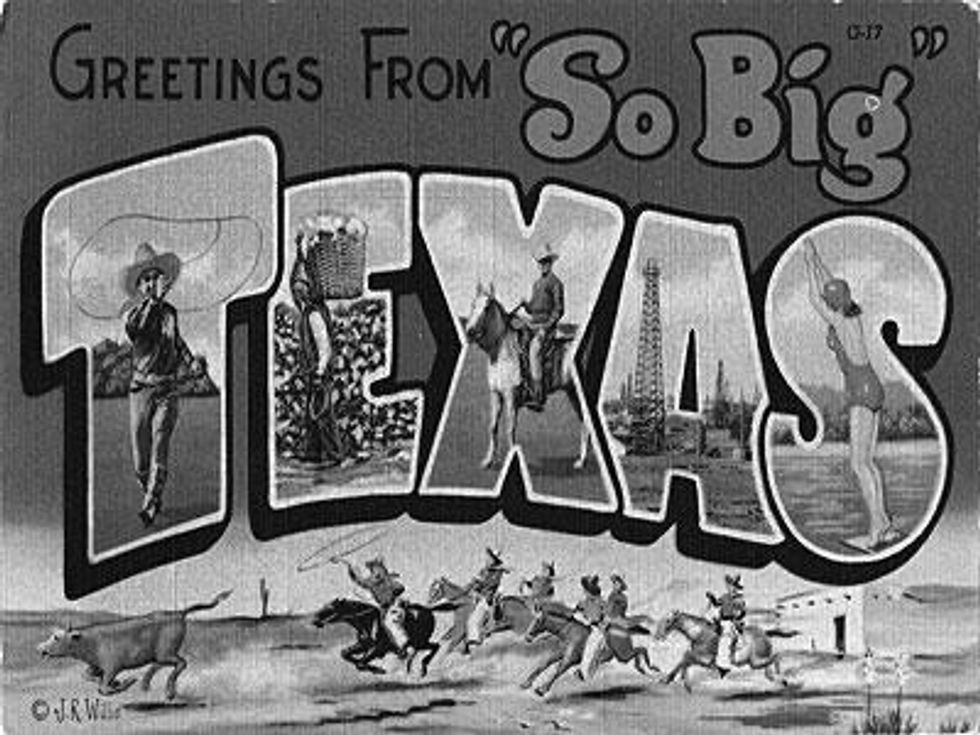 Texas: In 2005, 76% of voters approved a ban on same-sex marriage, with 24% voting against it.
Texas: In 2005, 76% of voters approved a ban on same-sex marriage, with 24% voting against it.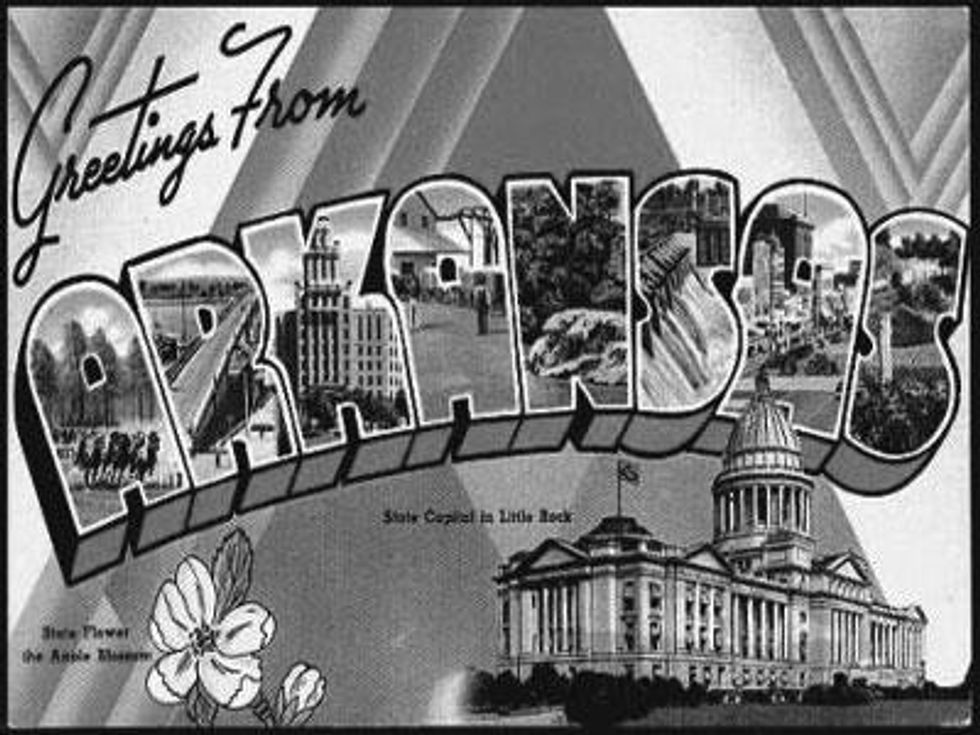 Arkansas: In 2004, 75% of voters approved a ban on same-sex marriage, with 25% voting against it.
Arkansas: In 2004, 75% of voters approved a ban on same-sex marriage, with 25% voting against it. Kentucky: In 2004, 75% of voters approved a ban on same-sex marriage, with 25% voting against it.
Kentucky: In 2004, 75% of voters approved a ban on same-sex marriage, with 25% voting against it.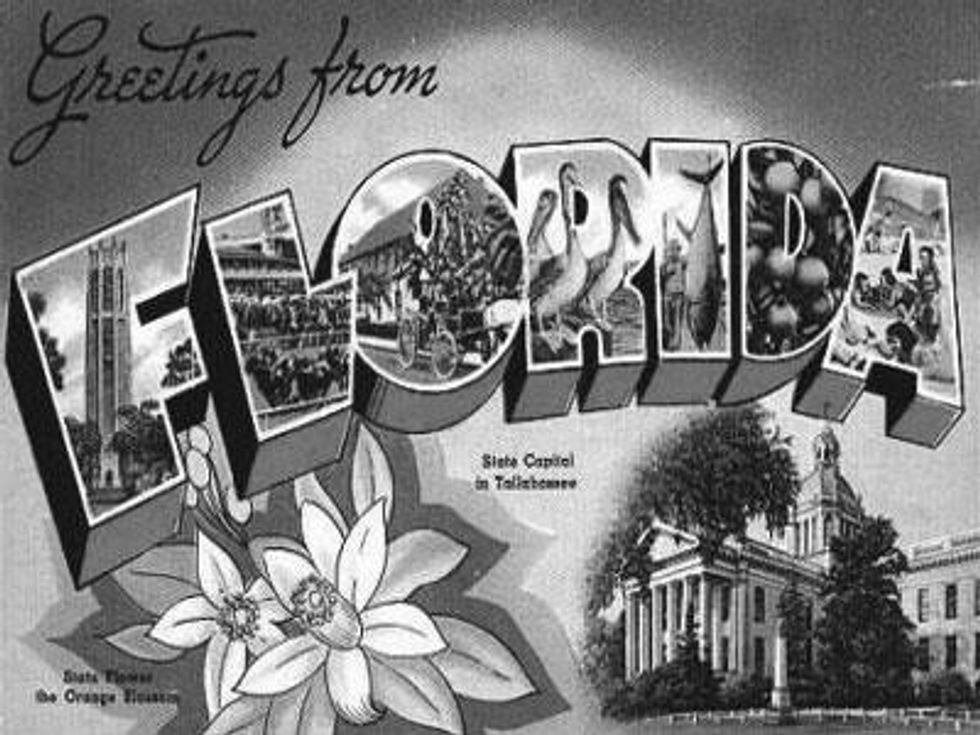 Florida: In 2008, 62% of voters approved a ban on same-sex marriage, with 38% voting against it.
Florida: In 2008, 62% of voters approved a ban on same-sex marriage, with 38% voting against it.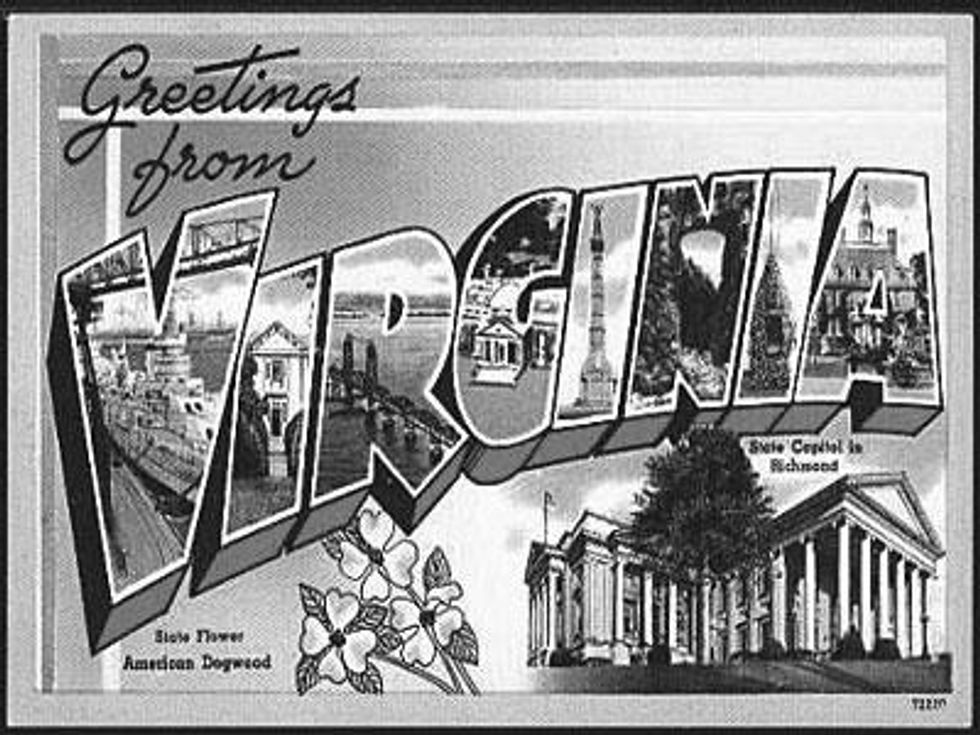 Virginia: In 2006, 57% of voters approved a ban on same-sex marriage, with 43% voting against it.
Virginia: In 2006, 57% of voters approved a ban on same-sex marriage, with 43% voting against it.
















































































